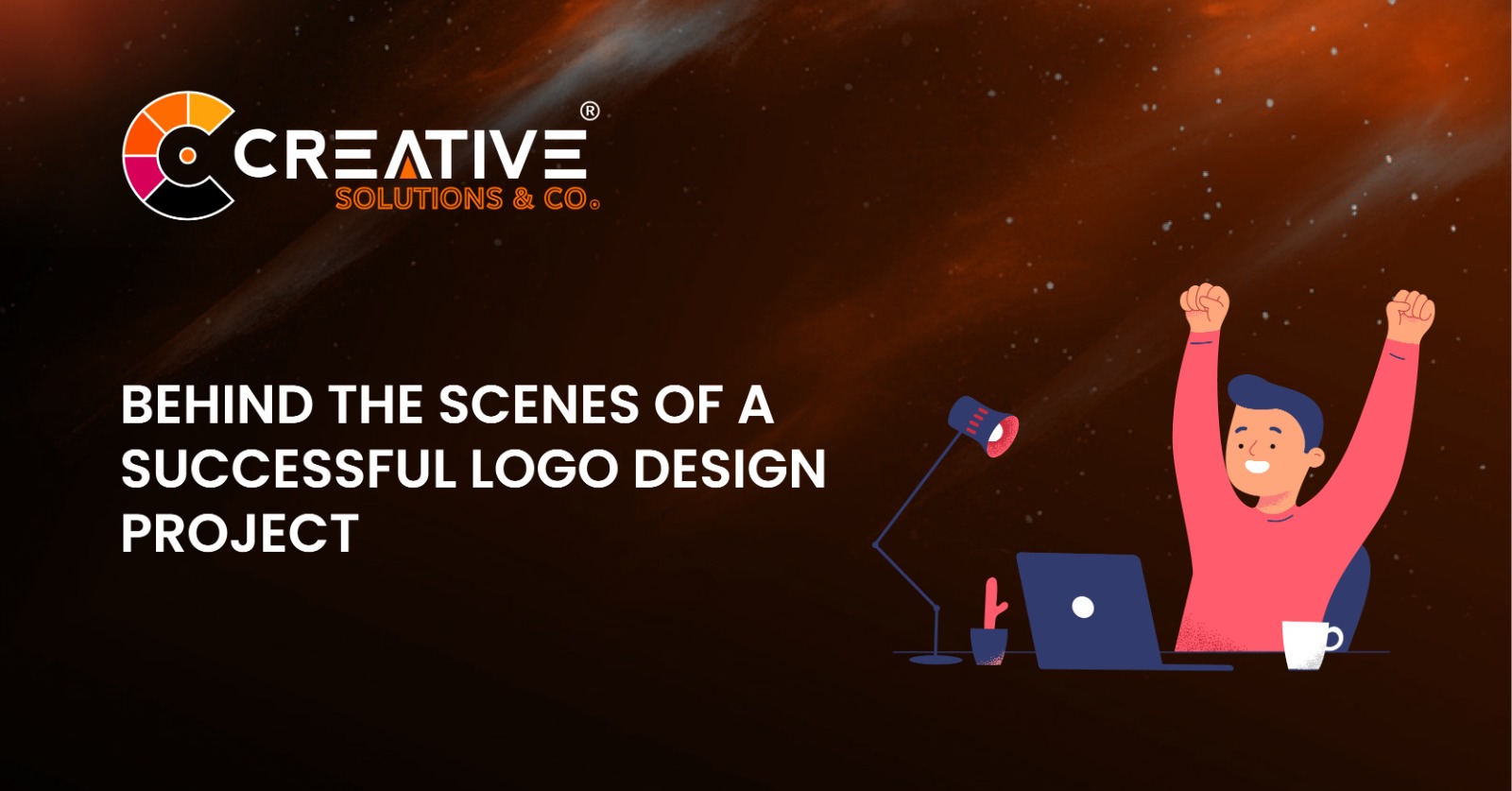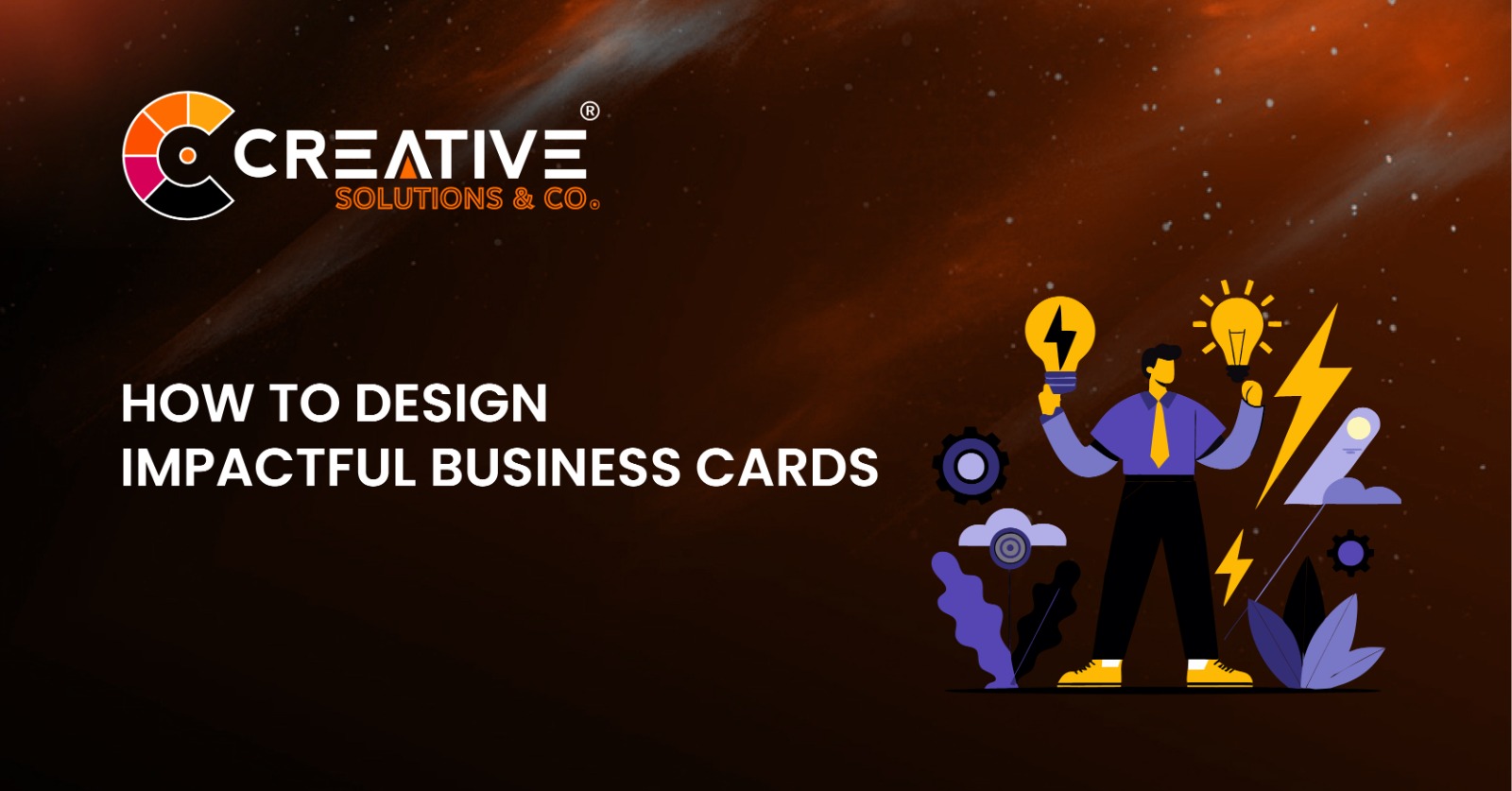Graphic design is a powerful tool for communication, but even the most skilled designers can stumble into pitfalls. Recognizing mistakes to avoid in graphic design projects is essential for creating impactful, professional, and engaging visuals.
From color choices to typography, understanding these common errors can save time, resources, and frustration while elevating your design game. Let’s dive into the missteps to watch out for and how to keep your projects on the path to success.
Understanding the Basics of Graphic Design
What is Graphic Design?
Graphic design combines art and technology to communicate ideas. From branding to websites, every element tells a story and serves a purpose.
Importance of Proper Planning
Great design starts with a solid plan. Jumping into a project without clear goals can lead to wasted time and lackluster results.
Common Mistakes in Graphic Design
Ignoring the Target Audience
Why Knowing Your Audience Matters
Design isn’t just about looking good; it’s about resonating with your audience. A design that works for teens won’t appeal to corporate executives.
Tips to Understand Your Audience
- Conduct surveys to learn preferences.
- Study competitors for insights.
- Test prototypes before launch.
Overloading Designs with Elements
The Problem with Cluttered Designs
Too many elements can overwhelm viewers, diluting your message.
Keeping It Simple and Clean
Follow the “less is more” approach. A minimalist design often communicates more effectively.
Poor Use of Typography
Choosing the Wrong Fonts
Typography speaks volumes about tone. Using playful fonts for a serious message confuses viewers.
Ignoring Readability
Always prioritize legibility. If people can’t read your design, the effort is wasted.
Mistakes in Color Choices
Misusing Colors in Design
Overuse of Vibrant Colors
Bright colors can be eye-catching but may overwhelm if overdone.
Lack of Contrast and Accessibility
Ensure text is easily readable against backgrounds. Consider accessibility standards like WCAG.
Neglecting Brand Colors
Consistent use of brand colors builds recognition. Deviating from them can confuse your audience.
Ignoring the Principles of Design
Balance and Alignment Issues
Uneven elements create a chaotic look. Aligning content properly brings harmony to the design.
Forgetting Visual Hierarchy
Guide viewers’ eyes to essential elements using size, color, and placement.
Technical Errors to Watch Out For
Low-Resolution Images
Blurry visuals scream unprofessionalism. Use high-quality images suitable for your platform.
Not Using the Correct File Format
When to Use JPEG, PNG, or SVG
Each format serves specific needs. JPEGs are great for photos, PNGs handle transparency, and SVGs scale infinitely.
Neglecting Mobile-Friendly Design
Designs must look good on all devices. Test responsiveness before launching.
Communication Failures in Projects
Lack of Clear Client Communication
Misunderstandings lead to revisions and delays. Be clear about expectations from the start.
Ignoring Feedback Loops
Feedback helps refine designs. Skipping this step can lead to dissatisfaction.
Time Management Pitfalls
Poor Project Timelines
Underestimating the time needed for tasks creates chaos. Use project management tools to stay on track.
Last-Minute Revisions
Rushed changes can compromise quality. Set a deadline for revisions to avoid this.
Importance of Proofreading and Testing
Catching Small Errors
A typo or misplaced element can ruin an otherwise perfect design. Double-check everything before submission.
Testing Across Platforms
Your design might look great on a desktop but fail on mobile. Test on multiple devices and browsers to ensure consistency.
Best Practices for Successful Graphic Design
Research and Inspiration
Explore trends and gather ideas before starting. Pinterest and Behance are excellent resources.
Staying Updated with Trends
The design world evolves rapidly. Stay current to keep your work fresh and relevant.
Collaborating Effectively with Teams
Great design often requires teamwork. Clear communication and collaboration make the process smoother.
Conclusion
Mistakes are part of learning, but knowing what to avoid can save time and frustration. By focusing on the fundamentals and staying mindful of these common pitfalls, you’ll set yourself up for success in every graphic design project.
FAQs About Mistakes to Avoid in Graphic Design Projects
- What’s the best way to avoid graphic design mistakes?
Start with a clear plan, understand your audience, and test your designs extensively. - How important is color accessibility in design?
It’s crucial. Accessible designs ensure everyone, including visually impaired users, can engage with your content. - Why is feedback important in graphic design projects?
Feedback helps refine your ideas and aligns the design with client expectations. - What are some tools for ensuring design consistency?
Tools like Adobe Creative Cloud, Canva, and Figma help maintain uniformity across projects. - How can designers manage time effectively?
Use project management tools, set realistic deadlines, and avoid procrastination.







